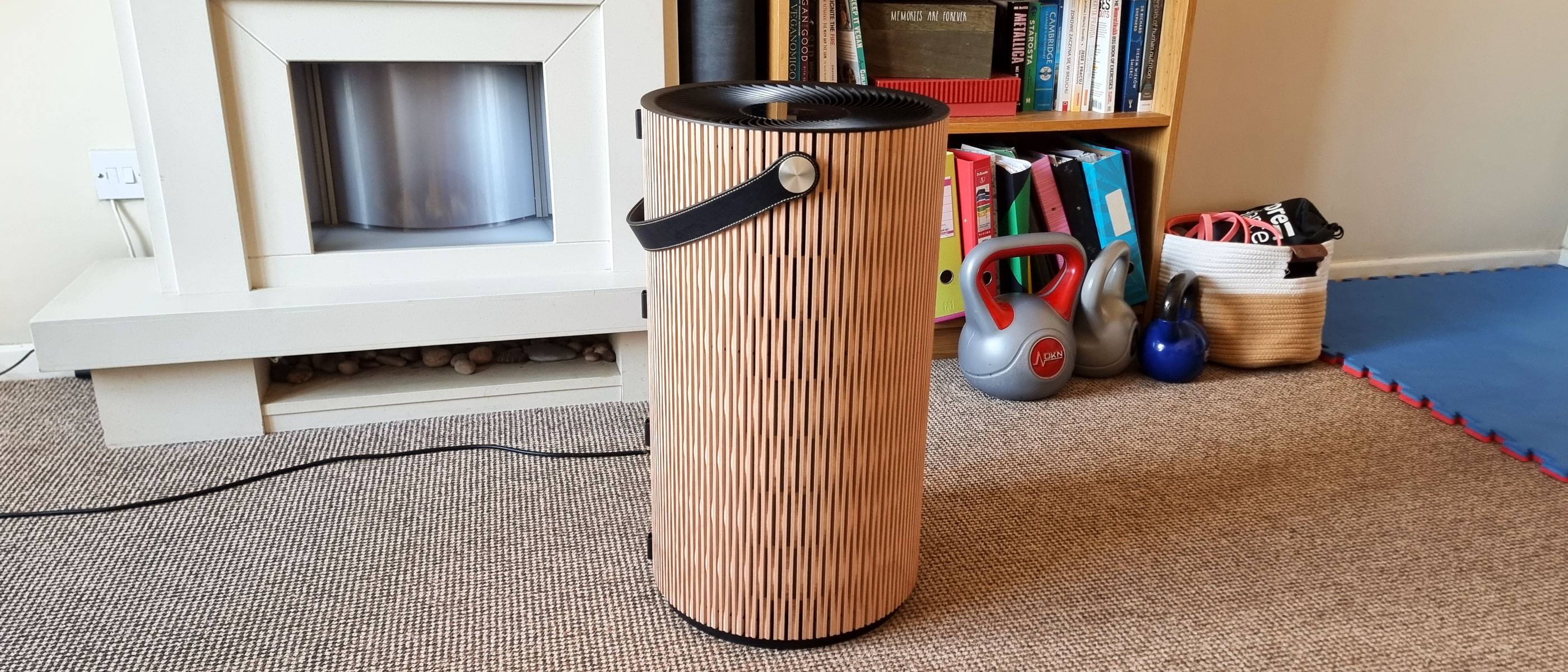Elon Musk's Neuralink 'brain chips' cleared for 1st in-human trials
Brain implants developed by Elon Musk's company Neuralink have been approved for human testing. The safety of the devices previously came under scrutiny following reports of "botched surgeries" in animal test subjects.

Get the world’s most fascinating discoveries delivered straight to your inbox.
You are now subscribed
Your newsletter sign-up was successful
Want to add more newsletters?

Delivered Daily
Daily Newsletter
Sign up for the latest discoveries, groundbreaking research and fascinating breakthroughs that impact you and the wider world direct to your inbox.

Once a week
Life's Little Mysteries
Feed your curiosity with an exclusive mystery every week, solved with science and delivered direct to your inbox before it's seen anywhere else.

Once a week
How It Works
Sign up to our free science & technology newsletter for your weekly fix of fascinating articles, quick quizzes, amazing images, and more

Delivered daily
Space.com Newsletter
Breaking space news, the latest updates on rocket launches, skywatching events and more!

Once a month
Watch This Space
Sign up to our monthly entertainment newsletter to keep up with all our coverage of the latest sci-fi and space movies, tv shows, games and books.

Once a week
Night Sky This Week
Discover this week's must-see night sky events, moon phases, and stunning astrophotos. Sign up for our skywatching newsletter and explore the universe with us!
Join the club
Get full access to premium articles, exclusive features and a growing list of member rewards.
Elon Musk's brain-implant company Neuralink has been given clearance from the U.S. Food and Drug Administration (FDA) to carry out its first trials in humans, according to news reports.
Neuralink aims to use its brain-computer interface (BCI) technology to restore movement in people with quadriplegia, meaning complete or partial paralysis of the arms, legs and trunk. Musk has also said that the brain implants could be used to restore sight in blind people.
Neurons, or nerve cells, communicate via electrical signals to coordinate our thoughts, feelings and behavior. Neuralink's implants, which have only been tested in animals, would theoretically work by interpreting these electrical signals and transmitting the decoded information to a computer via Bluetooth. In the case of helping to restore movement, for example, the computer would then analyze the incoming information and respond by sending signals back to the body, stimulating nerves and muscles to control movement.
The implant is inserted into a small hole in the skull created by a surgery-performing robot and the implant's electrodes are then embedded just a few millimeters into the cortex, the brain's outer layer. The procedure can be done in 30 minutes, without general anesthesia, Musk has claimed — although again, this has never been attempted in humans.
Related: 1st patient with new 'mind-reading' device uses brain signals to write
Neuralink is not the only company working on BCI technology. For example, in 2022 Synchron implanted its Stentrode system into its first human patient after gaining FDA clearance to begin in-human trials; the device is designed to let people with paralysis operate assistive technologies using only their thoughts. Synchron also aims to restore movement in severely paralyzed people, according to Forbes.
Musk once reportedly approached Synchron's founder about a potential deal. This approach came just months before a federal investigation into Neuralink was launched to look into potential violations of animal welfare and Neuralink staff raised complaints that the company's animal testing was being rushed, leading to unnecessary animal suffering and deaths, Reuters reported.
Get the world’s most fascinating discoveries delivered straight to your inbox.
An animal rights group, the Physicians Committee for Responsible Medicine (PCRM), filed a complaint in February 2022 that accused Neuralink of "botching surgeries." The group claimed that surgeons had used an unapproved glue on two occasions to fill the holes in the monkeys' skulls, which then leaked onto the animals' brains and ultimately killed them. Separately, based on a PCRM tip, the Department of Transportation is investigating whether Neuralink is taking the required precautions when transporting implants that have been removed from monkey brains.
Neuralink has killed an estimated 1,500 animals since 2018, including sheep, pigs and monkeys, Reuters reported. While it is unclear how many died due to complications with Neuralink's brain implants, Futurism reported that, in one Neuralink experiment involving 23 monkeys, five, or 21%, of the test subjects were euthanized due to device-related issues.
Neuralink's first attempt at gaining FDA approval in 2022 was rejected on safety grounds, according to an exclusive Reuters report. Musk, however, remains confident in the safety of Neuralink, claiming that he would be willing to implant the technology in his children's brains and even his own brain.
The upcoming in-human trials must prove the safety and efficacy of Neuralink's brain implants before they can become FDA-approved and widely available. Recruitment for clinical trials is not yet open, Neuralink wrote in a tweet.
Sarah Moore is a freelance science writer. She has an MSc in neuroscience and a BSc in psychology from Goldsmiths College, University of London. Sarah has experience in academic research and has worked in medical communications with top pharmaceutical companies. As a freelancer, she has contributed work to a wide range of publications. Sarah loves to write on all areas of science, from healthcare to nanotechnology but she is especially intrigued by the workings of the human brain.
 Live Science Plus
Live Science Plus











